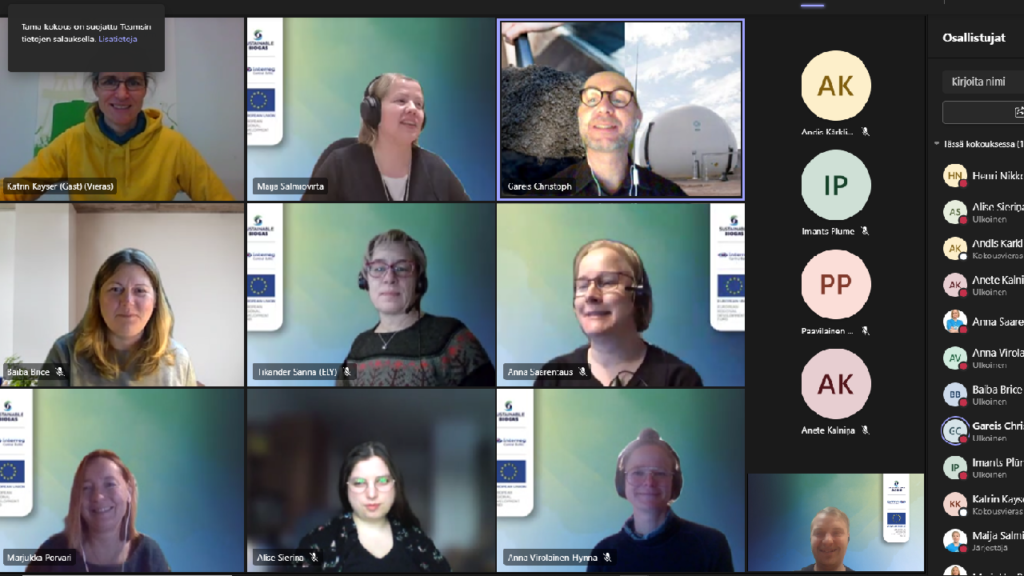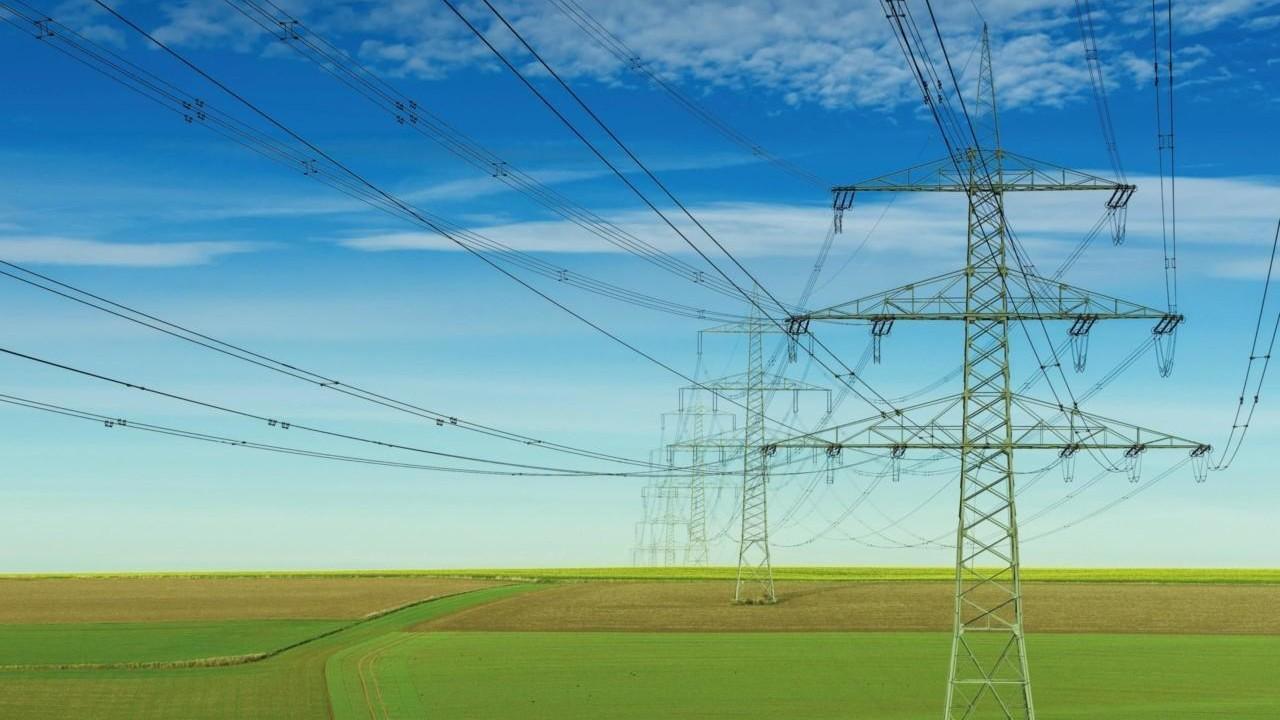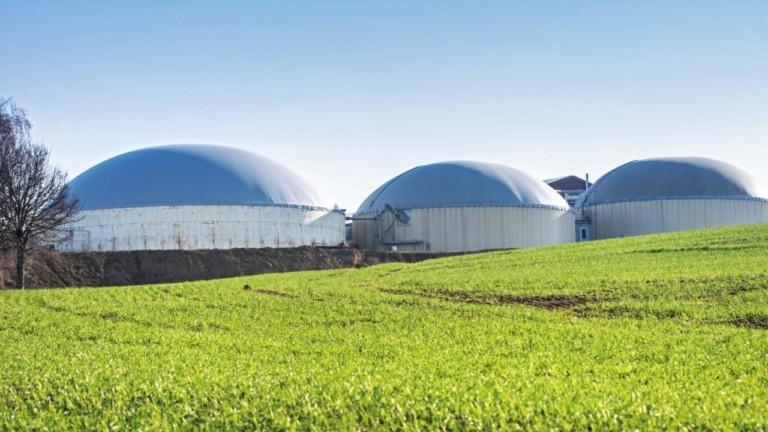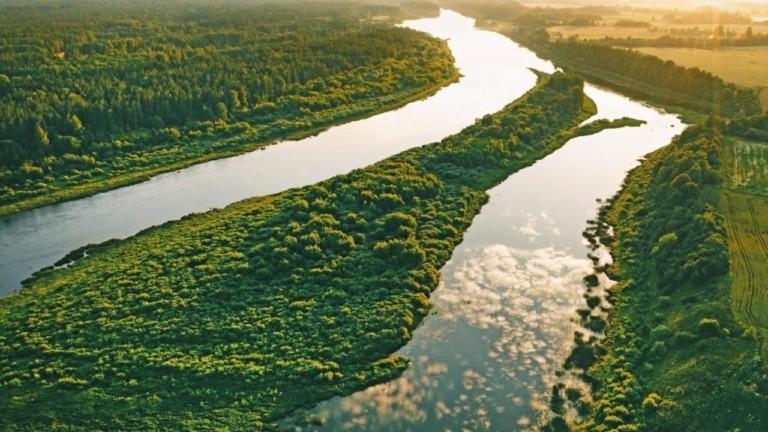To learn from the experiences and best practices from the forerunner countries the Sustainable biogas project consortium conducted study visits to Germany and Sweden. The aim of the study visit was that the project team would increase knowledge and understanding on biogas production and nutrient management. The findings from the study visits will be utilized in the project development work.
Due to the Covid-19 situation, real travelling to other countries became impossible for the consortium. Therefore, the project team decided to implement these tours virtually.
The first virtual study visit week to Germany was in mid-December 2021. One of the German sessions was postponed to January 2022. The second set of virtual study visits to Sweden were held in the last week of January 2022. In total of 14 different online sessions covering wide range of topics relating to biogas production nutrient management from different perspective were arranged during these study visits to both countries.
With the study visit meetings, the project team aimed to find best practices for biogas plant location planning and nutrient management in nutrient surplus areas. The differences in legislation and regulations, as well as general attitudes, regarding to nutrient management in the study visit counties were studied with widely. Other important covered aspects related, e.g., on how to increase the demand for recycled nutrients as well as the awareness of decision-makers on nutrient management. The consortium had set partly different learning approaches for these two study visit countries. From Sweden the perspectives for large scale wastewater treatment plants and the utilization of sewage sludge based digestate were emphasized, whereas in German the focus was on farm-scale biogas production and co-digestion plant nutrient management.

The online meetings with German and Swedish actors provided an opportunity to meet e.g., permitting authorities, a farm scale biogas entrepreneur, a nutrient recovery technology provider, experts of digestate quality assurance systems and market creation, as well as representatives from national gas association, farmer association and centralized wastewater treatment plant. The meetings provided valuable information for the project consortium, and the discussions became often active between the visiting speakers and the audience.



